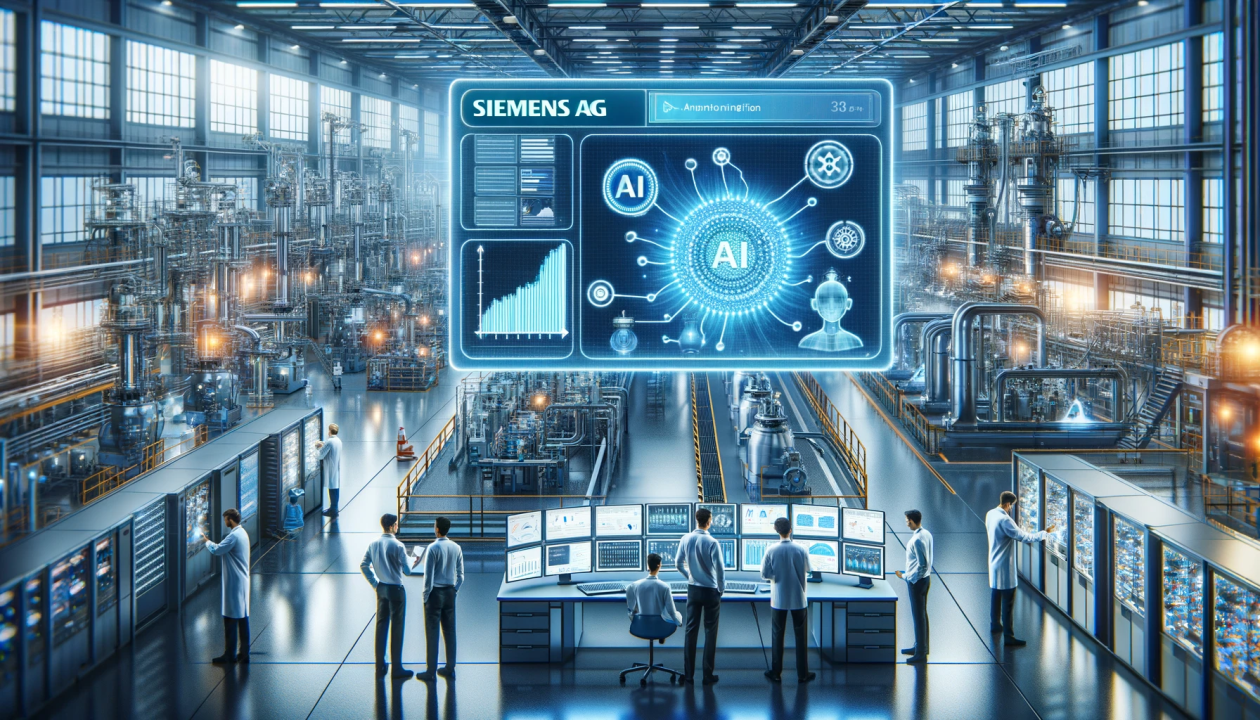In today’s fast-paced world, industries are continually seeking ways to enhance efficiency and accuracy in their processes. One area that has seen significant advancements is **inspection systems**. With the advent of **artificial intelligence (AI)**, the landscape of inspection is changing remarkably. Understanding how AI is revolutionizing inspection is crucial for industries aiming to stay competitive and innovative.

The Role of AI in Inspection
AI has become a game-changer in the field of inspection by offering unprecedented levels of accuracy and speed. Traditionally, inspection processes relied heavily on human intervention, which could be prone to errors and inconsistencies. However, the introduction of AI-driven technologies has transformed these operations by minimizing human error and increasing efficiency.
Enhancing Accuracy with AI
One of the most significant benefits of employing AI in inspection is its ability to improve accuracy. By utilizing machine learning algorithms, AI systems can learn from vast amounts of data and identify patterns that are often invisible to the human eye. This capability allows AI to detect defects and anomalies with a higher degree of precision, ensuring that only products meeting the highest standards reach the market.
Speeding Up the Inspection Process
Another advantage of AI in inspection is the speed at which it can process information. Unlike human inspectors who need breaks and can experience fatigue, AI systems can operate 24/7 without losing efficiency. This constant operation allows industries to increase their throughput and meet market demands more effectively.
Applications of AI in Various Industries
Manufacturing
In the manufacturing sector, AI is used to inspect products for defects and ensure quality control. **AI-powered cameras** and sensors can quickly scan items on a production line, identifying defects and removing faulty products before they reach the consumer. This application not only improves quality assurance but also reduces waste and saves costs.
For more on how AI-powered systems are transforming manufacturing, visit AI Camera Systems.
Aerospace
The aerospace industry benefits from AI by using it to inspect aircraft components. Ensuring the safety and reliability of aircraft is paramount, and AI provides a robust solution for detecting potential issues in components such as engines and structural parts. The use of AI in aerospace inspection helps prevent accidents and enhances passenger safety.
Automotive
In the automotive industry, AI aids in inspecting car parts and assemblies. By employing advanced imaging technologies, AI systems can detect inconsistencies and defects that might compromise vehicle safety. This level of inspection ensures that only the highest quality vehicles make it to the market.
Challenges and Limitations
While AI offers numerous benefits, it is not without challenges. One major concern is the initial cost of implementing AI technologies. However, the return on investment can be substantial, as AI reduces labor costs and improves product quality.
Another challenge is the integration of AI systems with existing infrastructure. Industries must ensure that their current systems can support AI technologies to maximize their benefits. To learn more about overcoming these challenges, visit Cloud AI for Quality Inspection.
Future Prospects of AI in Inspection
The future of AI in inspection holds immense promise. As AI technologies continue to advance, we can expect even greater levels of precision and efficiency. Industries will likely see more automated inspection processes that require minimal human intervention.
Moreover, as AI becomes more accessible, smaller businesses will have the opportunity to implement these technologies, leveling the playing field and enhancing competition.
Conclusion
Understanding how AI is revolutionizing inspection is essential for industries aiming to thrive in a competitive environment. By enhancing accuracy, speeding up processes, and offering innovative solutions, AI is shaping the future of inspection across various sectors. As industries embrace AI, they will not only improve their operations but also contribute to a more efficient and sustainable world.

Frequently Asked Questions
What are the benefits of AI in inspection?
AI improves accuracy, speeds up processes, and reduces human error, leading to higher quality products and cost savings.
Which industries benefit from AI inspection?
Industries such as manufacturing, aerospace, and automotive benefit significantly from AI inspection technologies.
What challenges do industries face when implementing AI inspection?
Challenges include the initial cost of implementation and integrating AI systems with existing infrastructure. However, the potential benefits often outweigh these challenges.
For more information on AI and inspection technologies, visit AI-Based Visual Inspection.
This article contains affiliate links. We may earn a commission at no extra cost to you.

